Retro Replay Review
Gameplay
Star Fighter places you in the pilot’s seat of the Predator Mark-IV, a versatile ship designed for both space and atmospheric engagements. From the very first mission, you’ll find that maintaining momentum is key: the craft’s throttle is fixed, compelling you to use the boost sparingly and rely on skillful maneuvering to dodge enemy fire. Though this limitation may feel unusual to flight-sim veterans accustomed to full thrust control, it adds a unique layer of challenge that rewards quick reflexes and strategic positioning.
(HEY YOU!! We hope you enjoy! We try not to run ads. So basically, this is a very expensive hobby running this site. Please consider joining us for updates, forums, and more. Network w/ us to make some cash or friends while retro gaming, and you can win some free retro games for posting. Okay, carry on 👍)
One of the game’s standout mechanics is the ability to terraform the battlefield with your basic laser. Each level is constructed from a grid of tiles with varying heights, and repeated laser fire can level hills or carve trenches. This feature turns every combat encounter into a mini-puzzle: do you blast away a turret by lowering the ground beneath it, or raise a barrier to block incoming fire? Such environmental interaction offers a refreshing twist on the standard shoot-’em-up formula and encourages creative problem-solving.
Progression is handled through collectible crystals, which you gather during missions to upgrade your weaponry and stockpile ammunition. Mixing crystal colors yields new weapons—ranging from homing missiles to devastating plasma cannons—while FedNet-supplied parachute drops deliver special ordnance during heat of battle. Balancing crystal pickups against enemy threats creates a satisfying risk-reward dynamic, ensuring that every level feels both fast-paced and strategically deep.
Graphics
Originally launched on the Acorn Archimedes, Star Fighter’s 3DO remake boasts fully texture-mapped environments, giving every surface—from barren desert plains to high-tech facility corridors—a remarkable level of detail. A clever fogging filter helps mask the horizon in outdoor spaceplanes, reducing visual popping and delivering a smoother transition between near and far geometry. This blend of detail and optimization makes each world feel immersive without taxing mid-’90s hardware.
Level variety is another strong point: the four worlds range from windswept moons with crystalline outcroppings to industrialized orbital stations bristling with turrets. Lighting effects accentuate the mood, whether you’re strafing enemy convoys at sunrise or dodging laser fire under a starless sky. Though textures sometimes repeat across levels, the terraforming mechanic continually reshapes the terrain, ensuring that no two playthroughs look exactly alike.
Viewing options are limited to behind-the-ship and cockpit perspectives, each offering distinct advantages. The chase camera excels at acrobatics and wide-angle awareness, enabling you to string together barrel rolls and sharp turns with fluid grace. The cockpit view, meanwhile, provides precision aiming and a real-time instrument panel, perfect for low-altitude, terrain-hugging runs. While earlier ports offered additional camera angles, the 3DO’s refined pair strikes a solid balance between visual clarity and gameplay utility.
Story
In the aftermath of years of corruption and civil strife, FedNet has asserted control over the federation. To restore faith among the populace, the new regime dispatches the Space Corps to the fringes of controlled space, aiming to neutralize the warlords who’ve carved out fiefdoms on remote planets. You’re drafted into an elite flight group, ostensibly to test cutting-edge hardware—but beneath the surface, your missions are as much about consolidating power as they are about technological experimentation.
Star Fighter’s narrative unfolds in concise mission briefings and in-flight radio chatter that punctuate the action. While there are no fully sculpted character arcs or in-engine cutscenes, the sparse storytelling serves its purpose: you always understand why you’re attacking a specific target and what broader political game FedNet is playing. This lean approach keeps the pace brisk without bogging down the action with superfluous dialogue.
The themes of trust, authority, and moral ambiguity pervade the campaign. As you topple small-time warlords and secure strategically vital installations, you occasionally question whether your orders truly serve the greater good or simply tighten FedNet’s grip. This subtle tension enriches otherwise straightforward combat missions, adding an undercurrent of intrigue that can leave you pondering your role in the federation’s new order.
Overall Experience
Star Fighter is a confident blend of old-school arcade flying and strategic depth. Its fixed-throttle design and terraforming mechanics challenge you to think creatively, while crystal-based upgrades ensure your progression always feels rewarding. Though purists might miss analog thrust control, the game’s emphasis on momentum and boost management gives every dogfight a distinctive flavor.
Visually, the title stands out among its contemporaries, with texture-mapped worlds that retain clarity even in intense dogfights. The choice of two optimized camera angles keeps controls responsive and the HUD uncluttered. Paired with a lean narrative that delivers just enough context to drive your missions forward, Star Fighter achieves a gratifying balance between spectacle and substance.
Whether you’re a flight-sim veteran seeking a fresh twist or a newcomer looking for an accessible yet challenging shoot-’em-up, Star Fighter offers a memorable ride. Its combination of environmental interaction, weapon customization, and atmospheric world-building makes it an easy recommendation for those craving a dynamic space combat adventure. Prepare for high-speed dogfights, strategic terrain manipulation, and a federation whose motives may be more complex than they first appear.
 Retro Replay Retro Replay gaming reviews, news, emulation, geek stuff and more!
Retro Replay Retro Replay gaming reviews, news, emulation, geek stuff and more!
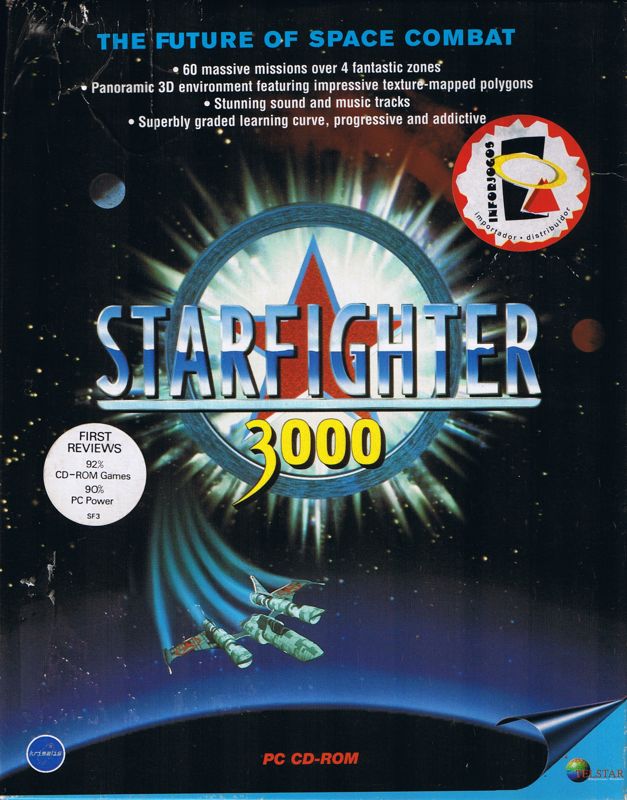
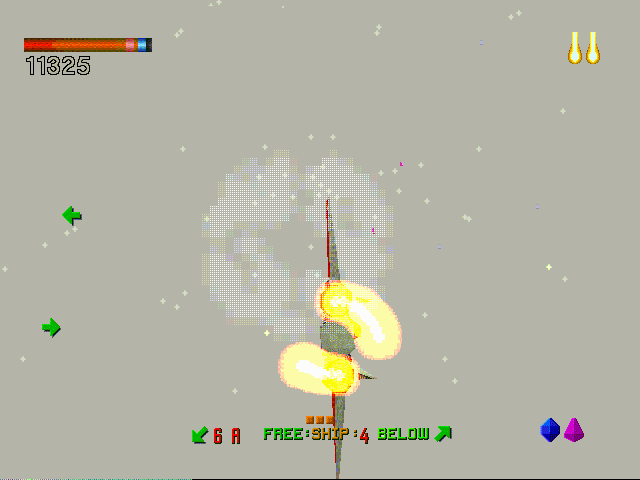
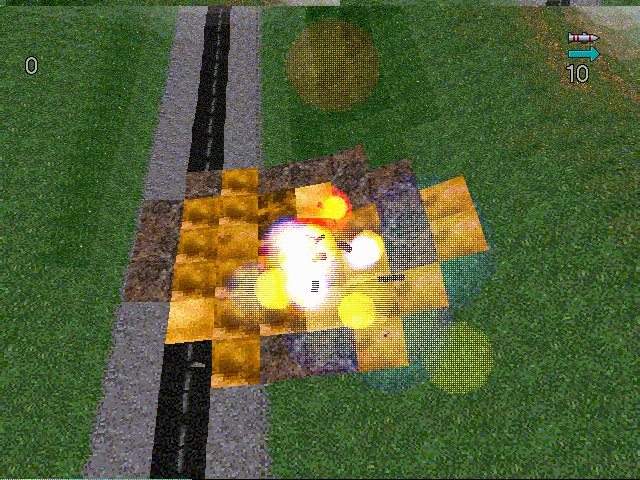
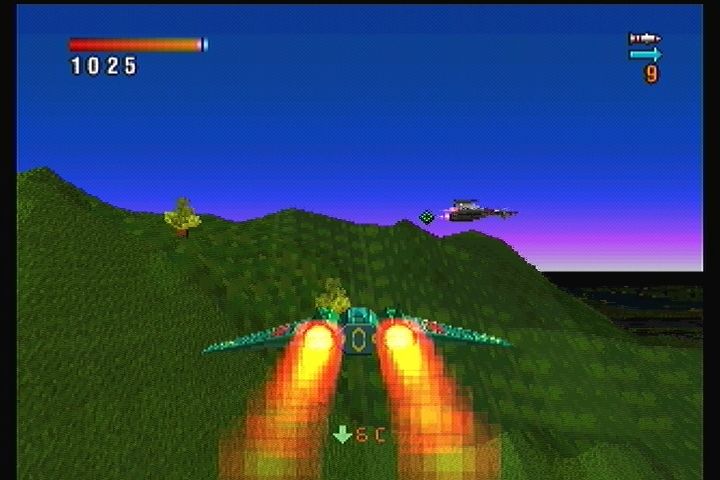
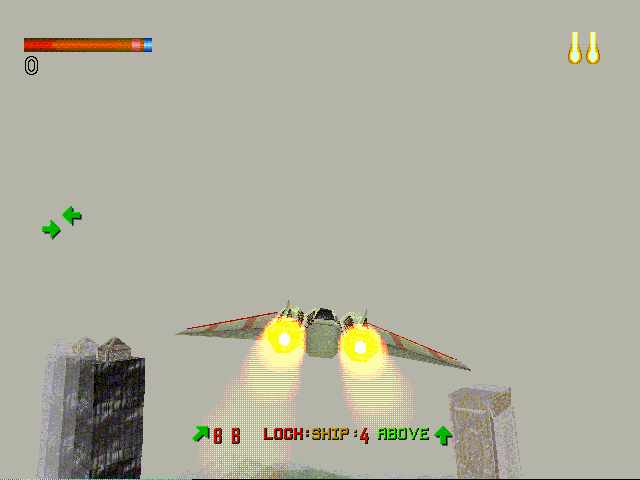
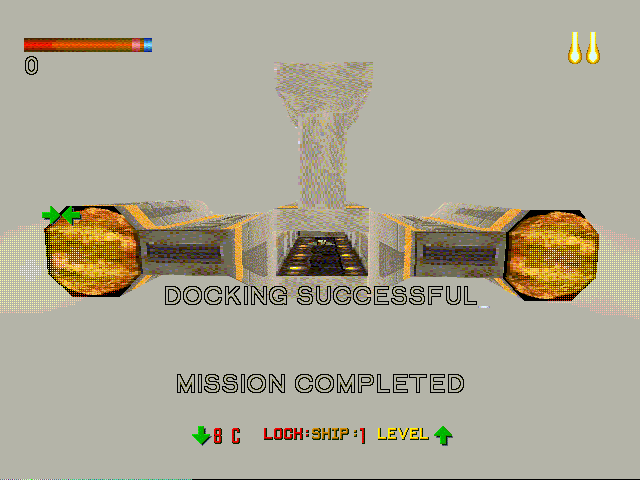
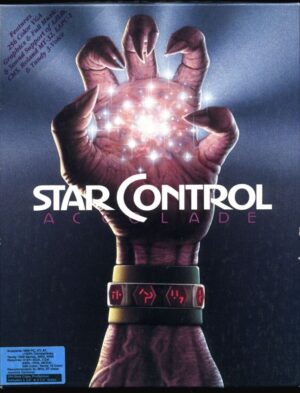

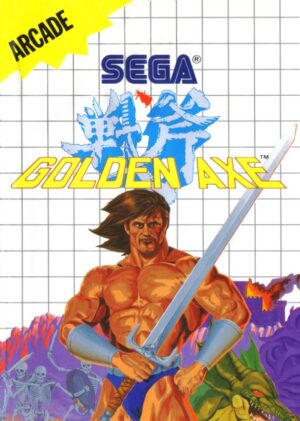
Reviews
There are no reviews yet.